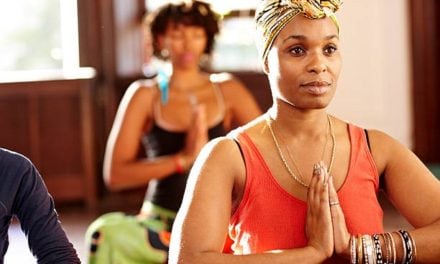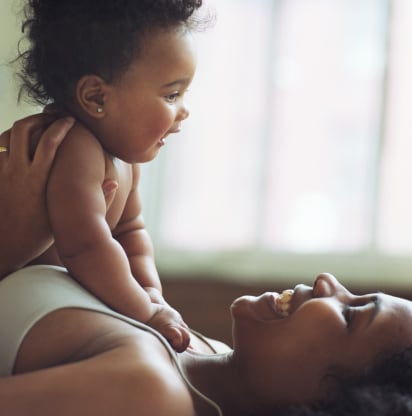A new study from the Centers for Disease Control and Prevention (CDC) reports that the number of HIV infections diagnosed in the United States has dropped significantly in several groups, including black women and men.
Anna Satcher Johnson, M.P.H., led the team of CDC researchers who analyzed HIV diagnosis data from 2002 to 2011, focusing on people ages 13 years or older in the United States. HIV infections decreased by more than 30 percent over the entire population studied, during the nine-year period. Rates increased among young men who have sex with men.
But large decreases in rates were found in many other demographic groups (the numbers showed little change among Asians and Pacific Islanders). Even though
Work Those Shades — Your Eyes Will Thank You
Need another reason to invest in a gorgeous pair of designer sunglasses? Well here you go. Sunglasses not only protect the delicate skin of the eyelid from skin cancer, they also cut your risk of macular degeneration and other types of eye damage that can rob you of your eyesight over time, according to Tara O’Rourke, an optometrist at Penn State Hershey.
The most important thing is to look for glasses that offer 100 percent UVA and UVB protection — or a UV 400 sticker, which basically means the same thing. Large lenses that offer lots of coverage are best.
493,372 people were diagnosed with HIV during the study period, the annual, overall rate of infection dropped by 33.2 percent. The largest decreases were seen in women and people ages 35–44.
The researchers were able to gather the expansive information because more information has recently become available about HIV in all states, allowing them to examine long-term national trends.
Keep Up the Good Work
The new statistics make it clear that efforts to practice safer sex and get tested really work, especially for women.
“More women are getting tested. We know from our work that once a person knows their HIV/AIDS status, they begin to see their risk differently. It often changes behavior. Once a woman knows she is healthy, she may work that much harder to protect herself. I also think a much broader group of women are getting the message that they really are at risk for this disease and taking that risk seriously,” said Dazon Dixon Diallo, M.P.H., the president and CEO of SisterLove Inc., in a recent Fierce interview about how black women can protect themselves from HIV/ADS.
The new research shows that we have the power to beat this disease, if we insist on protecting ourselves and avoiding high-risk situations.









